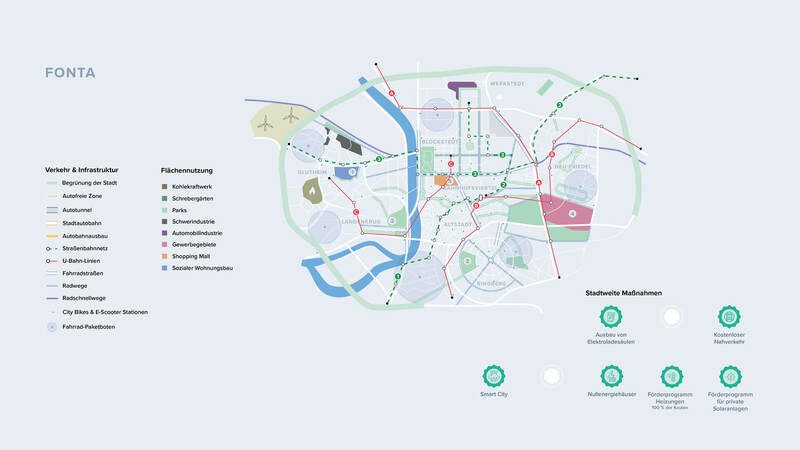REMEDIO is a puzzle-adventure game for lessons or youth groups - but can also be played without pedagogical-didactic guidance. The game is recommended for young people aged 15 and over, can be played several times and lasts - depending on the chosen itinerary - 1.5 to 3 hours. 1000 copies of the game are now available free of charge for educational institutions at the Museum of Islamic Art (while stocks last)! Info here (in German).
Similar Projects

Rolling the dice for justice!
It was a milestone in the history of planpolitik - the first serious games completely developed, designed and produced by us!

Are social media dangerous? Not if you know how to use them!
Setting privacy, flagging unknown persons, and recognising advertising as phishing – our game Junait playfully raises children's awareness of the dangers that can lurk in social networks in a playful way. Above all, the players...

Interactive educational modules, Serious games, Simulation games
"Post It!"
An escape game that sends participants on a time travel to 1943, 1986 and 2021 to explore the history of freedom of expression and dissent in different times. And a second module for elementary school.

United for the future - 17 goals for a more sustainable world
Serious games are a particularly beautiful form of interactive political education work, but they are also challenging to develop. Our first serious game, a card game on justice issues, took us months to develop. In...

Simulation games, Serious games
The Union Lab – Design your own European Union!
Anyone who is involved in European politics is familiar with the debates about the pros and cons as well as the future of European integration. But how do you get young people to engage with...

Simulation games, Serious games
Simulation Game Climate Neutral City
Cities have an important role to play in the fight against climate change. This is the subject of our simulation game ‘Climate Neutral City’, which we developed on behalf of the Goethe-Institut and implemented in...

Serious games, Simulation games
Re:Think – simulation game on climate crisis, migration and the future
Around the world with a board game. Our new simulation game Re:Think for Care Germany combines classic simulation games and board games.

Interactive educational modules, Serious games
Break out of the disinformation spiral!
Our first escape game about media literacy! The Fake Busters are on the trail of a disinformation campaign. They have 90 minutes to find evidence and help the democratic president. To do that, they have...
